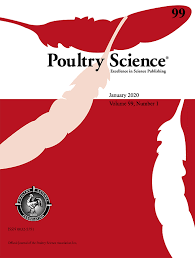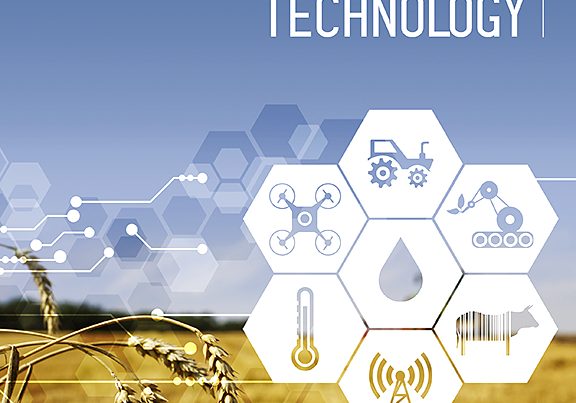Document type Scientific article published in Behavioral Processes
Authors: Plotine Jardat, Zoé Menard-Peroy, Céline Parias, Fabrice Reigner, Ludovic Calandreau, Léa Lansade
Preview: Recently, horses and other domestic mammals have been shown to perceive and react to human emotional signals, with most studies focusing on joy and anger. In this study, we tested whether horses can learn to identify human joyful and sad expressions against other emotions. We used a touchscreen-based automated device that presented pairs of human portraits and distributed pellets when the horse touched the rewarded face. Six horses were trained to touch the sad face and 5 the joyful face. By the end of training, horses' performances at the group level were significantly higher than chance level, with higher scores for horses trained with the sad face. At the individual level, evidence of task learning varied among horses, which could be explained by individual variations in horses' ability to identify different human facial expressions or attention issues during the tests. In a generalization test, we introduced portraits of different humans than those presented during training. Horses trained with the joyful face performed better than chance, demonstrating generalization. Conversely, horses trained with the sad face did not. Horses also showed differences in learning performance according to the non-rewarded emotion, providing insights into horses' cognitive processing of facial expressions.






